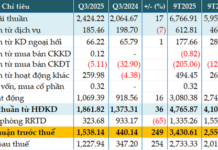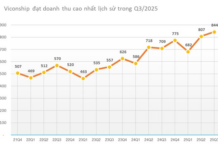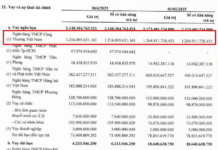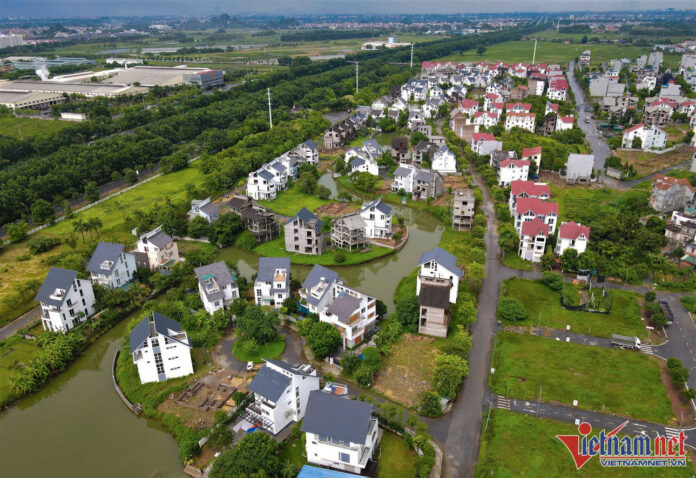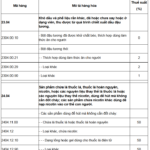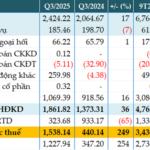The Ministry of Finance has recently submitted a proposal to the Government, suggesting the development of a Personal Income Tax Law (as a replacement for the current one), which includes content regarding tax rates for income from real estate transfers.
In its report on the policy impact assessment included in the proposal for the Personal Income Tax Law, the Ministry of Finance stated that the current personal income tax policy in Vietnam does not differentiate based on the period of real estate ownership by the transferor.
According to the managing agency, to curb real estate speculation, some countries worldwide have utilized tax tools to increase the costs for speculative behavior and reduce the attractiveness of real estate speculation in the economy, including personal income tax.
In addition, some countries also impose taxes on profits from real estate transactions based on the frequency of transactions, the time of purchase, and resale. The shorter the time between purchase and sale, the higher the tax rate, and vice versa.
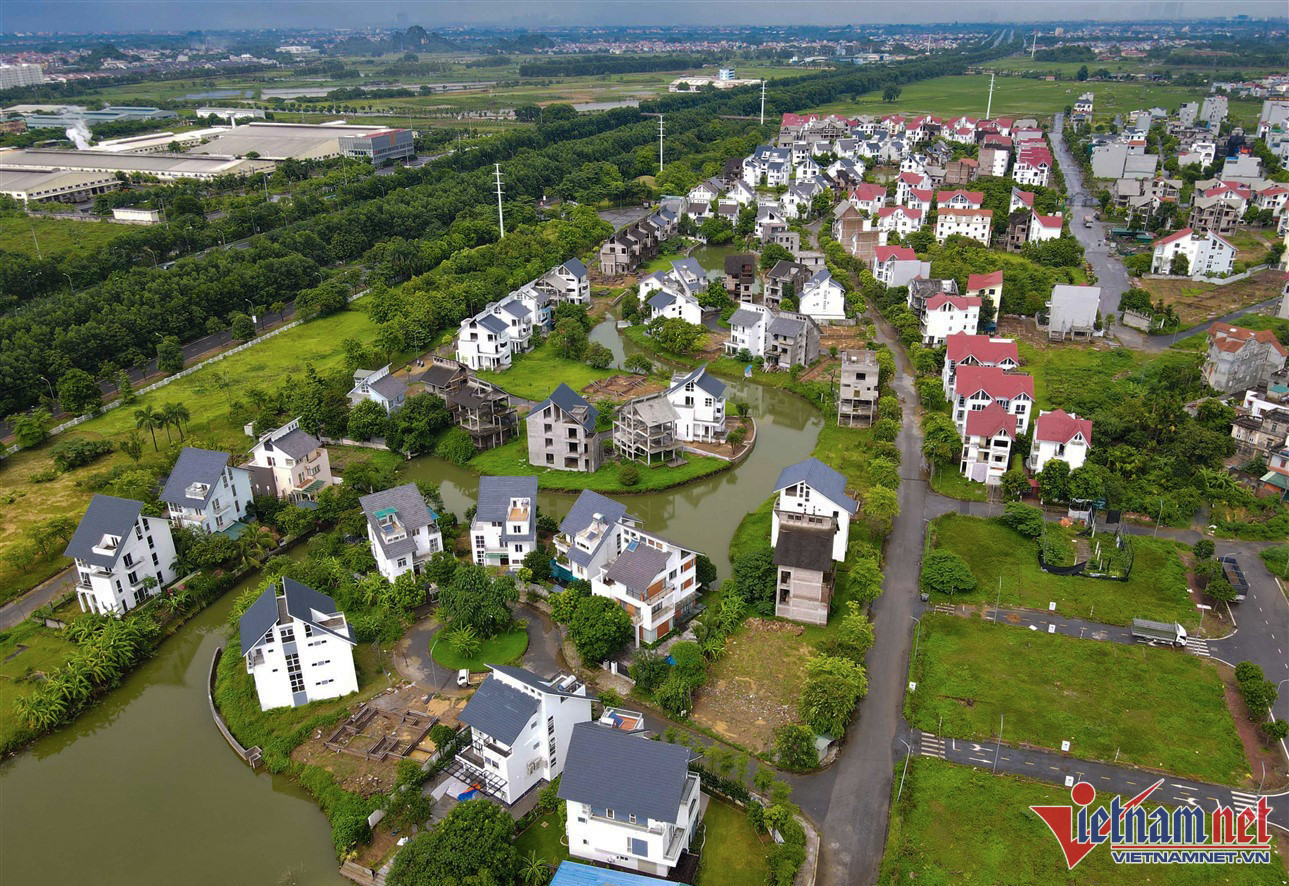
Proposed implementation of personal income tax on income from real estate transfers based on holding period. Photo: Minh Hoang |
For example, in Singapore, if a property is bought and sold within the first year, a 100% tax is levied on the difference between the purchase and sale prices. After two years, the tax rate is 50%, and after three years, it drops to 25%.
In Taiwan, China, real estate transactions made within the first two years of purchase are subject to a 45% tax rate. This rate decreases to 35% for transactions made between two and five years, 20% for transactions between five and ten years, and 15% for transactions made after ten years.
Given these realities, to institutionalize the orientations and resolutions, achieve a reasonable level of regulation, and curb real estate speculation and bubbles, the Ministry of Finance suggests considering imposing personal income tax on income from real estate transfers based on the holding period, following the practices of some countries.
According to the Ministry, the specific tax rates need to be studied and determined appropriately, reflecting the actual situation of the real estate market.
At the same time, the application of personal income tax policy on real estate transfers based on the holding period should also be synchronized with the process of perfecting related policies on land and housing, as well as the synchronization and readiness of information technology infrastructure for land and real estate registration. This will enable the tax authorities to have sufficient information and legal basis to access data related to real estate holding periods.
Based on the impact analysis, the Ministry of Finance proposes to adjust the partial progressive tax table applied to resident individuals with income from salaries and wages to align with recent changes in income and macroeconomic indicators. It also suggests reviewing and adjusting the tax rates in the comprehensive tax table corresponding to the amendments regarding income from capital transfers and real estate transfers.
The current Personal Income Tax Law stipulates that income from real estate transfers includes: income from the transfer of land use rights and assets attached to the land; income from the transfer of ownership or use of housing; income from the transfer of land and water surface lease rights; and other income received from real estate transfers.
The taxable income from real estate transfers is determined as the transfer price for each transaction, with a tax rate of 2%.
|
The National Assembly requests the Government to promptly issue regulations on higher tax rates for individuals with multiple houses and land On November 23, the National Assembly passed a resolution on the results of the thematic supervision of “The implementation of policies and laws on the management of the real estate market and the development of social housing from 2015 to the end of 2023.” The resolution highlights the shortcomings of the real estate market. In particular, between 2022 and 2023, the supply of real estate decreased significantly compared to the previous period. Real estate prices have increased sharply, several times higher than the average income growth of most people. The National Assembly requests appropriate solutions and decisive handling of real estate projects facing difficulties, legal obstacles, and stagnation due to prolonged implementation. Especially, the Government is urged to promptly study, propose amendments, supplements, and new laws on taxes, including provisions on higher tax rates for individuals owning multiple land areas, multiple houses, or leaving land unused, to ensure alignment with innovations in land-related laws, enhance management and land use efficiency, and achieve the goal of income redistribution. |
Hong Khanh
The New Math of Personal Income Tax on Land Use Transfer
The previous regulations dictated that taxable income from land-use rights transfers was determined by the transfer price of each instance. However, with the new Land Law 2024, the calculation has evolved.
The Art of Persuasion: Crafting Compelling Copy for the Modern Audience
“The Tax Department Director of Quang Nam Responds to Taxpayers’ Concerns.”
The Quang Nam Provincial Tax Department has provided detailed guidance and explanations to taxpayers regarding personal income tax regulations and the eTax Mobile app. They are committed to ensuring taxpayers have a clear understanding of their tax obligations and how to utilize the app effectively.
The Power of Tax Reform: Breathing Room for Citizens, Nurturing Revenue Streams
The personal income tax deduction has remained unchanged for almost a decade, while the cost of living has continued to rise. This has led to a growing sentiment among economic experts that a review of the personal income tax law is long overdue. They argue that an update to the law would not only be in the best interest of ensuring fairness for workers but also carries a sense of urgency in providing for their basic needs.





